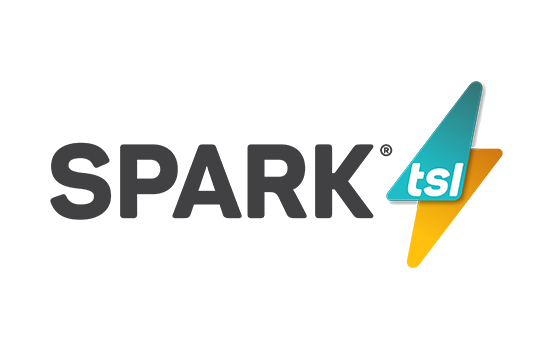 SPARK TSL is acquiring Sentean Group, a Dutch company with a complementary background in hospital entertainment and communication, and bringing its Fusion Bedside platform for clinical and patient apps to the UK.
SPARK TSL is acquiring Sentean Group, a Dutch company with a complementary background in hospital entertainment and communication, and bringing its Fusion Bedside platform for clinical and patient apps to the UK.
The developments mean SPARK TSL can offer trusts a unique digital platform to accelerate the adoption of innovation and deliver quantifiable improvements in operational efficiency and patient education and engagement.
Sentean can access additional resources and SPARK TSL's WiFi capabilities so it can scale in the Dutch market, where it works with around 40% of hospitals.
SPARK TSL chief executive Matt O’Donovan said: "The Sentean Fusion Bedside product comes with an incredible range of integrations that enable the delivery of state of the art apps for clinicians and patients.
"Years of development have gone into creating an extremely robust and scalable platform for digital transformation; whether that's putting treatment plans into the hands of patients or revolutionising meal ordering and nurse-call systems.
"By putting Fusion Bedside together with our SPARK Connect WiFi platform and our SPARK Media entertainment package, we will create a true bedside and bring your own device solution - and it's going to be a game-changer for healthcare in the UK and the Netherlands."
SPARK TSL is a leading provider of WiFi to retail outlets, transport, and conference venues; but it has developed a specialisation in healthcare since it started working with a large London trust in 2005.
In 2020, it became part of the Volaris Group, which acquired legacy bedside unit provider Hospedia the following year. Almost every hospital trust and health board in England and Scotland uses one or more of the company’s core products.
These are: SPARK Connect, which delivers free WiFi for staff and patients, SPARK Media, which provides access to live and catch-up TV, digital magazines, games and more; and SPARK Media Bedside Units, a state-of-the-art upgrade to the Hospedia units.
Since the acquisition of Hospedia, SPARK TSL has been working on a new business model to accelerate hospital productivity and captivate patients. This involves moving away from the unpopular and outdated patient-pays model for communication and entertainment and encouraging trusts to make these services free at the point of delivery.
The acquisition of Sentean and its Fusion Bedside product will enable SPARK TSL to turbocharge these developments, by creating a digital platform on which hospitals can rapidly deploy a complete suite of communication and entertainment services alongside apps that save staff time while activating patients.
Because Fusion is built on Apple technology, it will also be able to let hospitals try out ideas on a small scale, such as ward level, before rolling out further.
Willem-Jan te Riele, managing director of Sentean Group, said: "We had a conversation about the two businesses in which we realised that we were coming from very similar backgrounds, in terms of transitioning from old to new technology.
"We have developed this fantastic and very scalable technology. But the Netherlands is a relatively small market, in which it takes time to grow. While the UK is a little bit behind when it comes to the digital transition.
"With this acquisition, we have the opportunity to grow by bringing Fusion to the UK, using the fantastic SPARK TSL network, while offering some of SPARK TSL's technology to the Netherlands. We have some exciting times ahead of us."
Sentean Group has been on a similar trajectory to SPARK TSL. Te Riele co-invested in buying the Patient Line communications and information business out of administration in 2017 and merged with CareServant, an offshoot of Philips in the same business, in 2022.
Sentean Group adopted an Apple-first strategy for the development of apps on the Fusion platform, which uses the international HL7 messaging standard to integrate with electronic patient records (including Epic and Cerner) and other clinical, information, and facilities management systems. Staff and patients can access these via an iPad, using a simple graphical interface.
O'Donovan added: "This is going to touch so many aspects of the digital transformation of a trust. This positions us well to bring service transformation, efficiency improvements, cost savings, and a new level of patient engagement to hospitals through this technology.
"The fact that it is already proven in the Netherlands means we can be confident about rolling it out rapidly in the UK; and we are already working with early adopters excited by the benefits it will deliver."
About SPARK TSL
SPARK TSL is the leading, specialist provider of commercial WiFi solutions to large venues. Its largest sector is healthcare, where it has established a position as the main provider of WiFi and media services to the NHS.In 2021, its parent company, Volaris Group, acquired Hospedia - and SPARK TSL now offers-state-of-the-art touchscreen technology to replace its installed base of bedside units.
SPARK TSL's vision for the NHS is built around ‘free at the point of use' entertainment and information, combined with a new digital platform to drive innovation by enabling hospitals to rapidly roll out integrated, clinician and patient friendly apps.